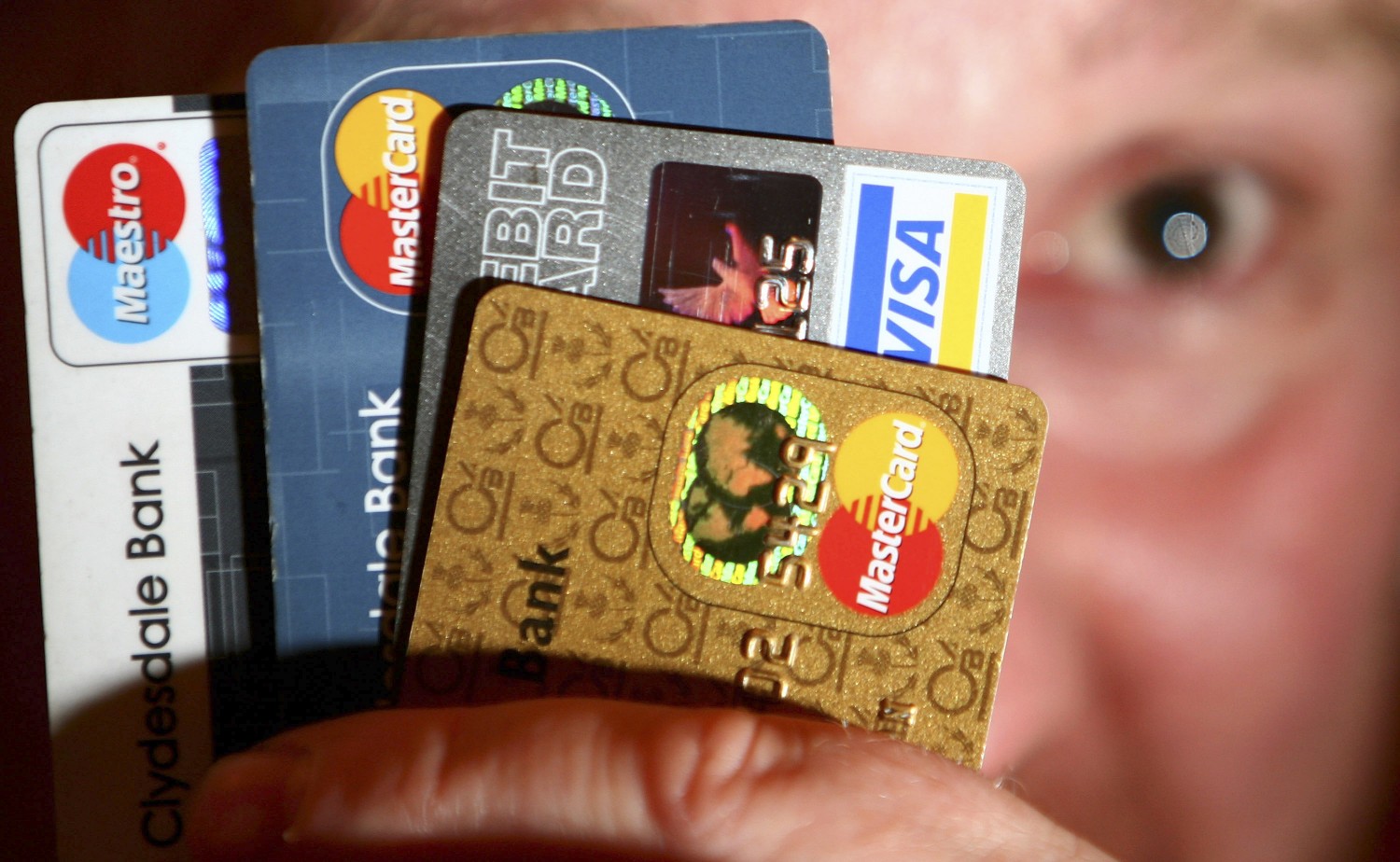Nobody wants to get scammed. It’s not fun, it can be time consuming and expensive to fix, and it feels terrible to be violated like that. Whether it’s getting your credit card information stolen or getting a bad deal on a car, here are eight rules to follow to help you avoid getting ripped off in the future. Follow them religiously and remember: Fool me once, shame on you; fool me twice, shame on me.
1. If it seems too good to be true, it probably is
The most important golden rule of all! There is no such thing as a free lunch, a fountain of youth, a brand new car that only costs $1,500 or a solid-gold credit card with 0% APR and 5% cash back. Be thoughtful and critical.
2. Shred everything
If you get bills in the mail, have had a recent session with a financial planner or have anything else sensitive laying around, shred it. If it doesn’t go in a file folder safely in your desk, turn it into paper mache.
3. Read the fine print
All the bad things about that solid-gold credit card or $1,500 car are contained in the fine print. So if you don’t read it and end up getting scammed, you have only yourself to blame. Read the fine print! If it’s written in legalese that doesn’t make sense to you, find someone to help decipher it.
4. Never trust a testimonial
Unless it’s your mother/best friend/neighbor, that testimonial was likely bought and paid for. Whether it’s an infomercial or an ad online, those testimonials are worthless to you. And you know they’re not going to publish your unhappy letter once you realize that Fat Busting Serum TX is really just grenadine.
5. Be a skeptic
Weird phone call? Email address you don’t recognize? Stranger at your door? Those could all be cons. Career criminals know how to make it look real, whether it’s a fake caller ID or doctored documents and logos. If it seems even slightly sketchy, do some research through the Better Business Bureau, Federal Trade Commission or the National Fraud Information Center.
6. Pay wisely
Consider how you’re going to pay for something. Credit cards often have fraud protection built in, but many other methods don’t. The Federal Trade Commissions cautions against wiring money through services like Western Union or MoneyGram because it’s so difficult to get your money back. If a company is trying to make you pay through a reloadable card, (like MoneyPak or Vanilla) do a swift u-turn.
7. Get it in print
Promises mean nothing, unless they’re written down and signed. A salesperson will tell you anything they can think of to get you to buy, and most sales contracts specifically say that any verbal promise isn’t binding. So get it in writing.
8. Don’t rush it
If somebody is trying to convince you to “act now,” that means they don’t want you to take the time to read carefully or get a second opinion. If it’s really a good deal, you shouldn’t have to be forced out of comparison shopping entirely. Quick decisions lead to lost money.









